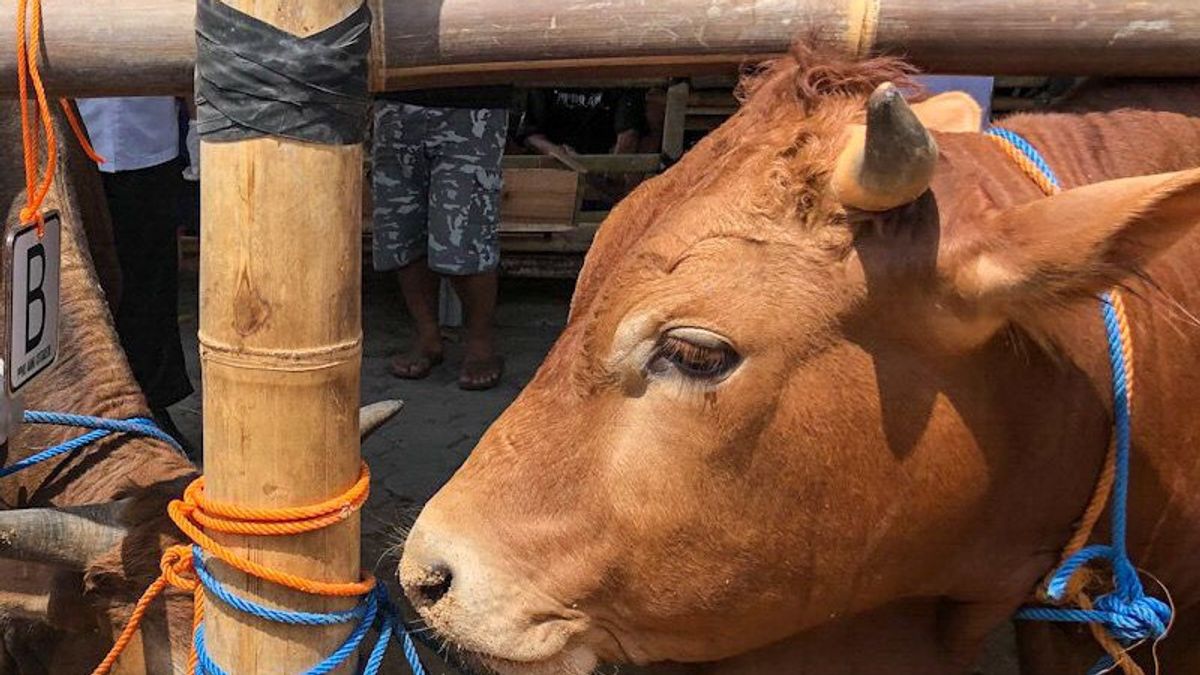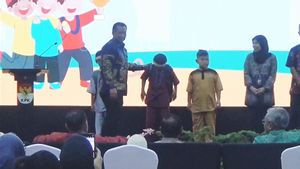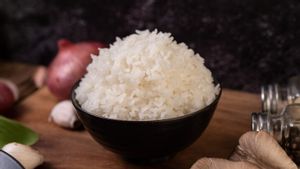YOGYAKARTA - The Yogyakarta City Agriculture and Food Service has tightened the examination of sacrificial animals, either before or after being slaughtered to ensure that sacrificial animals are free from infection with mouth and nails that are undergoing outbreak.
"Because there are mouth and nail diseases (PMK), the focus of the examination is also added because animals that look healthy and well are not necessarily free from infection with mouth and nail disease (PMK)," said Head of the Yogyakarta City Agriculture and Food Service Suyana in Yogyakarta, quoted by Antara, Friday, July 8.
Based on the results of the research that have been carried out, Suyana said, animals that look healthy and do not show symptoms of PMK are only detected as infected when they are slaughtered.
"A number of organs show signs or indications that they have been infected with the disease. That's why ante mortem and post mortem (after being slaughtered) for sacrificial animals this year will be in more detail," he said.
Last year, post mortem tests were focused more on several organs such as spleen and liver because it was possible for these organs to have heart worms.
"This year's examination must be in more detail. Parts of the legs and mouth must be our focus in addition to a number of organs after the cows are slaughtered, one of which is the lungs," he said.
This year, the Yogyakarta City Agriculture and Food Service deployed 142 officers to conduct examinations of sacrificial animals before and after being slaughtered.
Officers from employees at the Yogyakarta City Agriculture and Food Service together with students from Gadjah Mada University (UGM) assisted by Universitas Brawijaya will be deployed to the locations of slaughtering according to community reports.
"If during the examination, sacrificial animals are found indicated by PMK, then we recommend that these animals be separated immediately, isolated," he said.
If it still meets the requirements and conditions as a sacrificial animal, then the cow or goat is slaughtered in the last order.
Meat from sacrificial animals indicated to be infected by PMK is still possible for consumption as long as it is processed properly, namely cooked until cooked.
Although DIY is one of the areas exposed to PMK, Suyana said that until now there have been no livestock in the city of Yogyakarta exposed to PMK.
"We are also monitoring the markets that sell sacrificial animals. There are still animals that have not yet received a health certificate even though they are in good health. So the findings of the PMK case in Yogyakarta are still zero until now," he said.
He hopes that the seller of sacrificial animals fulfills the provisions by attaching an animal certificate from their area of origin to ensure the health of animals and does not have the potential to transmit PMK to animals in the city of Yogyakarta.
The English, Chinese, Japanese, Arabic, and French versions are automatically generated by the AI. So there may still be inaccuracies in translating, please always see Indonesian as our main language. (system supported by DigitalSiber.id)













